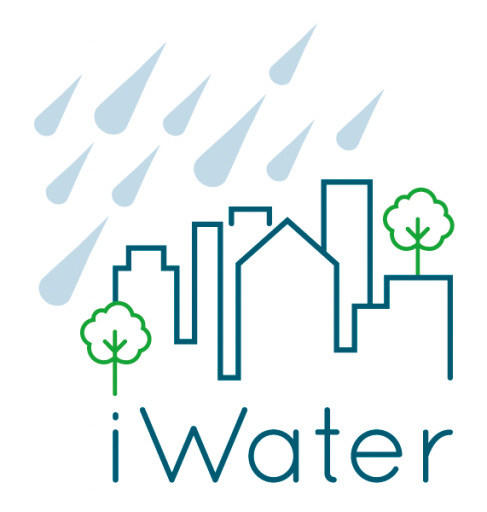Project description
Climate change has led to more frequent and intense storm and rainfall events along with increased flooding, storm water runoff, and soil erosion. These are forcing planners and storm water specialists to develop strategies dealing with greater volume and velocity of storm water. At the same time, urban areas are densifying and land is more covered with sealed surfaces.
As the Baltic Sea region is estimated to face more frequent and heavier rainfalls in the future, the current planning and management practices have proven to be weak in meeting these challenges. Thus, the project idea was to create higher quality, cleaner and safer urban environment and increase urban sustainability.
Activities
The project developed guidelines and tools for Integrated Storm Water Management and introduced the practices into urban planning process. This was done, for example, through the science-practice collaboration, aiming to find and elaborate common management methods. The project established local support groups within all partner cities enabling municipalities to develop their solutions in close collaboration with local stakeholders and various community interest groups.
- Within the project a student competition was organised to find and develop new, innovative, applicable to BSR conditions storm water management solutions for 7 partner cities, which can later function as basis for investment plans to be realized after the project life-time
- Partner cities created/updated their urban and storm water planning processes and storm water programs/plans, setting targets and actions for SW management for the upcoming years
- Project consortium developed Guidelines for Integrated Storm Water Management, which illustrated an ideal ISWM system taking urban planning processes permanently to the new level
- Project consortium also developed the evaluation criteria for a peer review to be further disseminated and used in practice in cities within the BSR and the EU
- During the project’s time-life additional cities were trained to use the Integrated Storm Water Management system and the Green Area Factor tool
Results
Consequently, local management practices were improved by the Integrated Storm Water Management approach which linked all the urban planning processes and stakeholders. In practice, the project partner cities adopted new programmes and approximately 35 other cities were trained to use developed methods in the region. In addition, the outcomes of the student competition led to construction or investment plans. Thus, urban planning was taken to a higher level by developing, localizing and piloting new tools in the Central Baltic region.
